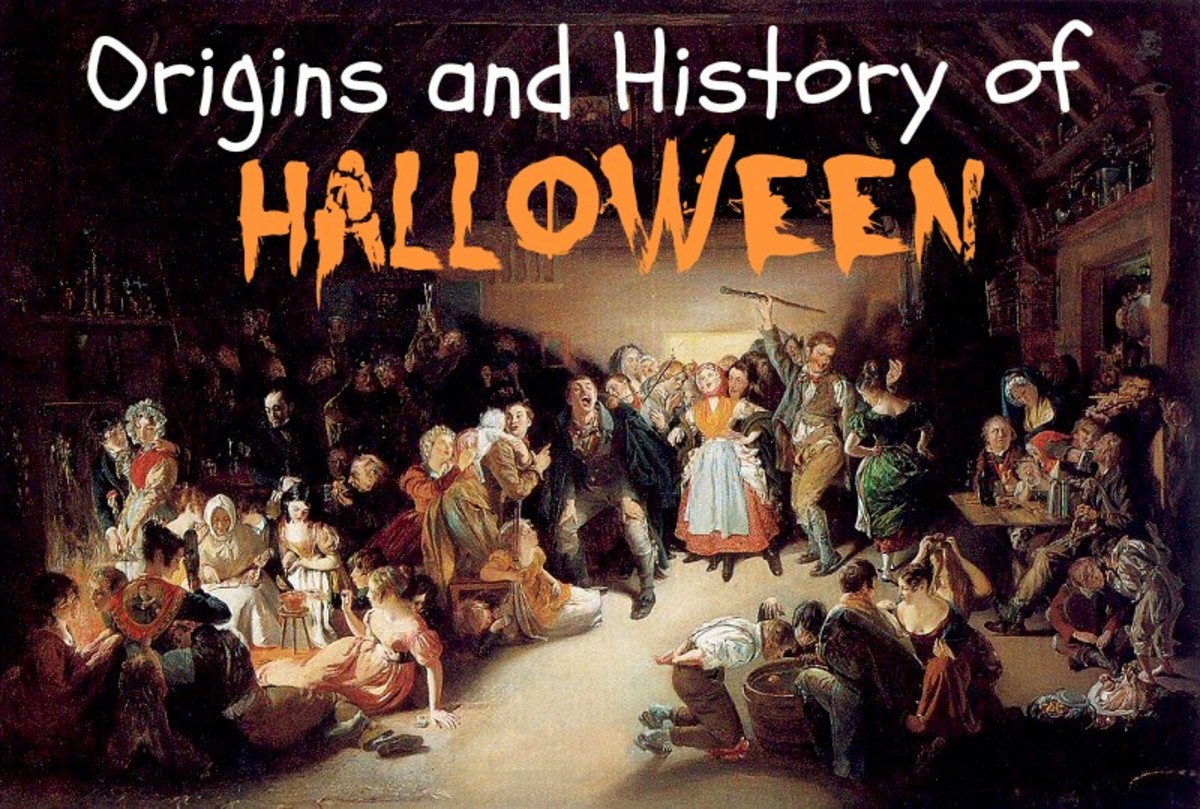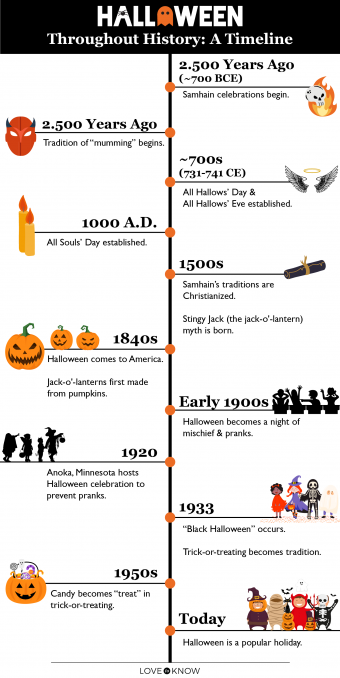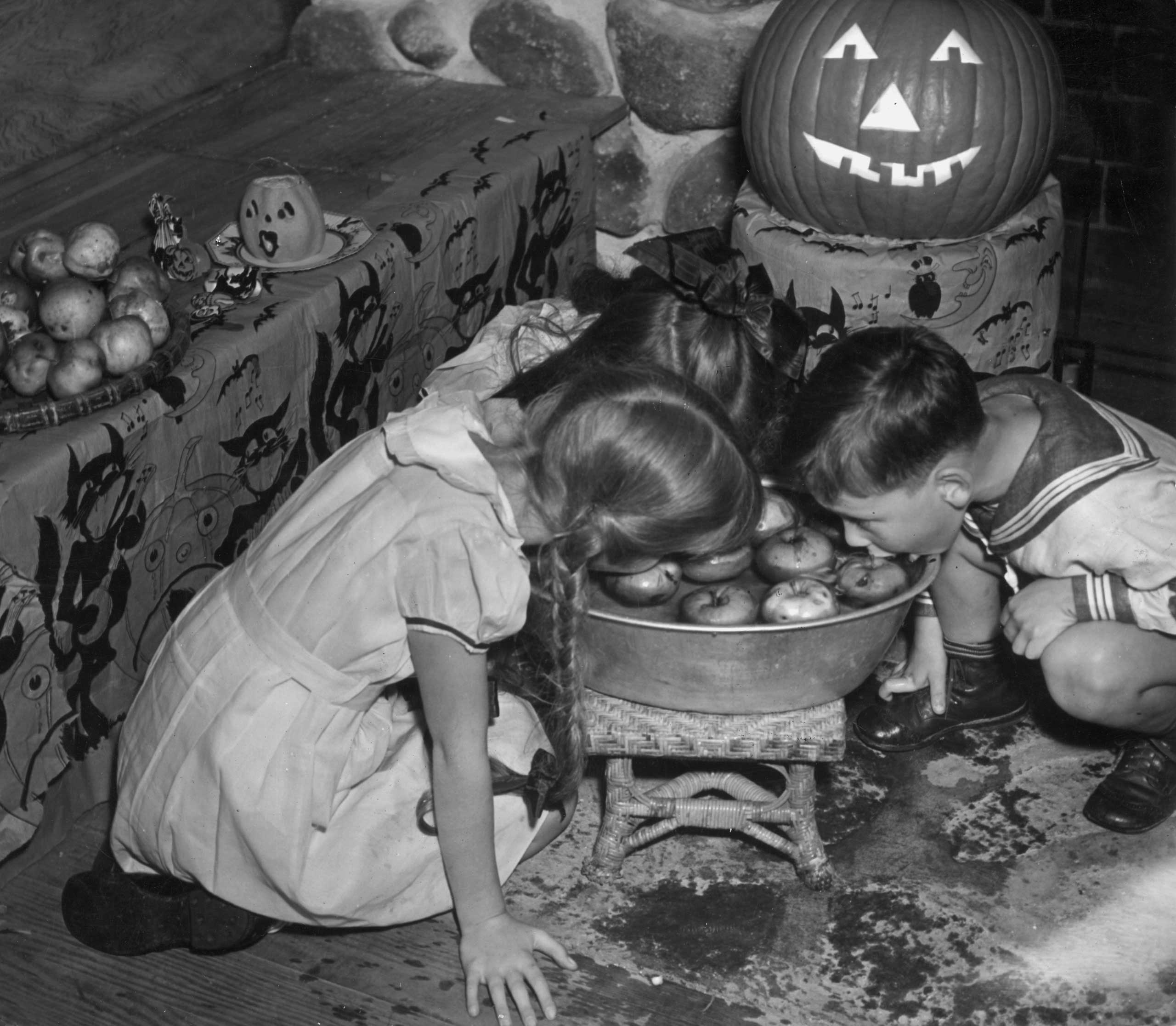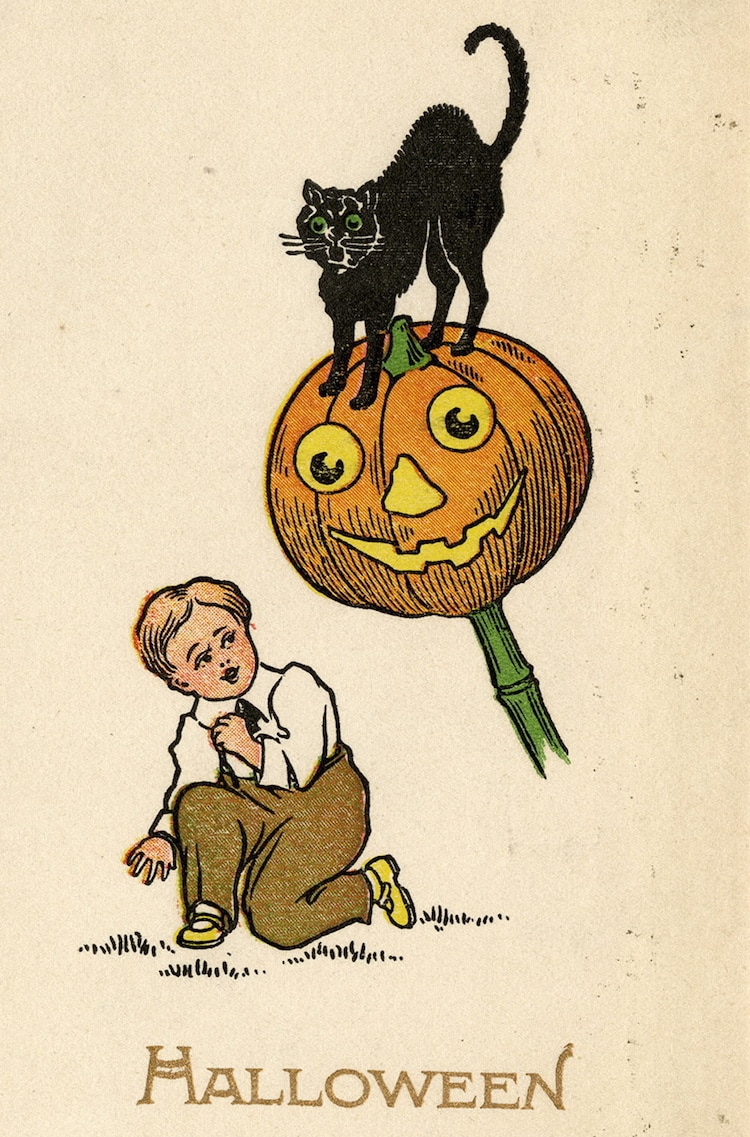Halloween: A Historical Exploration
Related Articles: Halloween: A Historical Exploration
- Halloween Disney Instrumental Music 2024: A Hauntingly Enchanting Symphony
- Halloween Day Movies 2024: A Spooktacular Preview
- Disney Halloween 2024: A Spooktacular Extravaganza For All Ages
- Halloween Fabric By The Yard 2024: Spooktacular Textiles For A Hauntingly Festive Season
- Disney’s Spooktacular Halloween Episodes 2024: A Bone-Chilling Extravaganza
Introduction
With great pleasure, we will explore the intriguing topic related to Halloween: A Historical Exploration. Let’s weave interesting information and offer fresh perspectives to the readers.
Table of Content
Video about Halloween: A Historical Exploration
Halloween: A Historical Exploration

Introduction
Halloween, an annual celebration observed on October 31st, is steeped in centuries of rich history and cultural traditions. Its origins can be traced back to the ancient Celtic festival of Samhain, a time when the veil between the worlds of the living and the dead was believed to be at its thinnest. Over time, Halloween has evolved into a global phenomenon, celebrated with a diverse array of customs, beliefs, and rituals.
Origins: The Celtic Festival of Samhain
The origins of Halloween lie in the pre-Christian Celtic festival of Samhain, which marked the end of the harvest season and the transition into the darker half of the year. According to Celtic beliefs, on the night of Samhain, the boundary between the worlds of the living and the dead became blurred, allowing spirits to cross over. To honor the dead and ward off evil spirits, the Celts celebrated with bonfires, costumes, and rituals.
Roman and Christian Influences
In the 1st century AD, the Roman Empire conquered the Celtic territories, bringing with them their own festivals and customs. The Roman festival of Pomona, which celebrated the goddess of fruit and trees, was later merged with Samhain, adding elements such as apple bobbing and the wearing of costumes.
In the 8th century, Pope Gregory III designated November 1st as a Christian feast day dedicated to all the saints, known as All Saints’ Day. This day was later moved to November 2nd, and the night before, October 31st, became known as All Hallows’ Eve, which eventually evolved into Halloween.
Medieval and Renaissance Traditions
During the Middle Ages and Renaissance, Halloween traditions continued to evolve. The belief in witches and the supernatural grew stronger, and people celebrated by lighting bonfires, playing games, and telling ghost stories. Trick-or-treating, known as "souling," emerged as a way for children to receive food and prayers in exchange for songs and prayers for the dead.
The American Halloween
Halloween was brought to America by Irish and Scottish immigrants in the 19th century. Initially observed primarily by Irish-American communities, it gradually gained popularity across the United States. In the early 20th century, Halloween became a more commercialized and family-friendly holiday, with the introduction of costumes, candy, and decorations.
Modern Halloween Customs
Today, Halloween is celebrated worldwide with a diverse range of customs and traditions. Common activities include:
- Trick-or-Treating: Children dress up in costumes and go door-to-door asking for candy with the phrase "Trick or treat!"
- Costumes: People of all ages dress up in costumes representing various characters, from superheroes to witches and ghosts.
- Decorations: Houses and businesses are decorated with Halloween-themed items such as pumpkins, black cats, and spider webs.
- Parties: Halloween parties are often held, featuring games, music, and food.
- Bonfires: In some cultures, bonfires are lit to ward off evil spirits and celebrate the transition into the darker half of the year.
Cultural Significance
Halloween has become a global cultural phenomenon, celebrated in various ways across different countries. In some cultures, it is primarily associated with the supernatural and the honoring of the dead, while in others, it is seen as a more lighthearted and festive occasion.
Conclusion
Halloween, with its origins in the ancient Celtic festival of Samhain, has evolved over centuries into a multifaceted holiday celebrated worldwide. Its traditions and customs reflect a blend of pre-Christian beliefs, Roman and Christian influences, and modern-day commercialization. Halloween continues to captivate and enchant people of all ages, providing a unique opportunity to embrace the supernatural, celebrate the harvest, and connect with our cultural heritage.








Closure
Thus, we hope this article has provided valuable insights into Halloween: A Historical Exploration. We thank you for taking the time to read this article. See you in our next article!